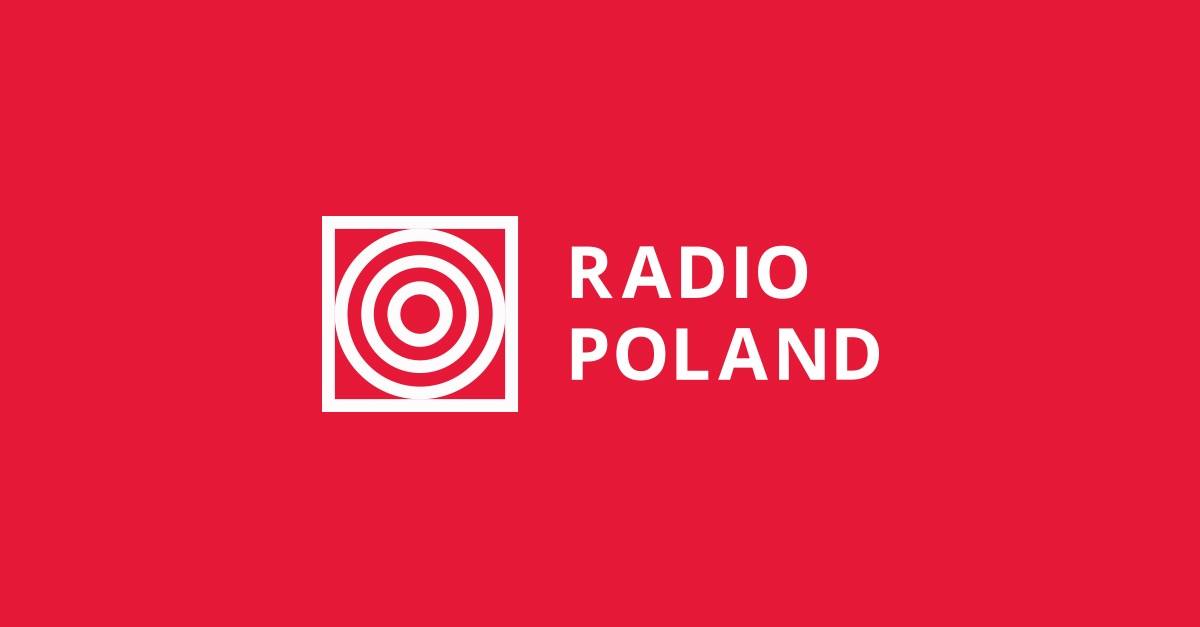The European Commission will publish on Wednesday a migration-pact report identifying EU countries under pressure, a status that can temporarily waive their obligations to relocate migrants.
Based on the report, the Commission will propose a “solidarity pool” dividing commitments among states, including relocating migrants, financial contributions or operational support.Photo: X/Straż Graniczna
Polish officials expect Poland to be listed, citing the intake of Ukrainians and organized crossings via Belarus.
Such a designation would allow a time-limited exemption from relocation. The decision would apply for one year, after which Brussels will reassess.
An EU source said ambassadors of member states will take up the issue on Wednesday, with a European Parliament debate the same day.
The document’s release is nearly a month late; the pact required the Commission to issue its assessment by mid-October.
Based on the report, the Commission will propose a “solidarity pool” dividing commitments among states, including relocating migrants, financial contributions or operational support.
Poland’s Interior Minister Marcin Kierwiński said after the Oct. 14 meeting of EU interior ministers in Luxembourg that the Commission’s decisions would favor Poland, arguing Warsaw should be exempt from relocations given eastern-border costs and the number of Ukrainians it has received.
A dispute among capitals over relocations surfaced at that October meeting, contributing to the delay. Southern states still push for relocations, saying money alone is insufficient.
Spain’s Fernando Grande-Marlaska backed relocations, while Belgium’s Anneleen Van Bossuyt said Belgium cannot take more people because reception centers are full, pointing to uneven compliance with the Dublin rules that assign responsibility to the first EU country of entry—often Italy, Greece or Spain.
Those countries say they cannot handle all arrivals, driving “secondary movement” as people who applied for asylum in one EU state move to another and file again.
The pact also envisages mutual recognition of return decisions for people not entitled to protection, aimed at curbing such movements. Belgium, Germany and France fear they could be left executing deportations ordered by other states.
(jh)
Source: PAP

